Bye-bye sloppiness as Liz Truss sets out to right ship of state
Liz Truss can expect the briefest of political honeymoons as Britain faces a perfect storm in the wake of Queen Elizabeth’s death.

The Queen, 96, had carved out constitutional duties by meeting outgoing prime minister Boris Johnson and then anointing Truss, but she was so exhausted by the day that she cancelled a Zoom call with the Privy Council on Wednesday, before her death was announced in a statement from Buckingham Palace on Thursday evening, London time.
The markets didn’t like it but Truss’s laser-sharp focus in the first days of her new job had given pause for thought. For here was the new PM, whose first edict after being elected leader of the Conservative party on Monday was to declare ties were back – reinforcing a smart work dress code miles away from the sloppy standards of Boris Johnson’s one-time adviser and now chief critic Dominic Cummings.

Mere window-dressing, sure, but Truss, a one-time chief secretary to the Treasury, has already reconfigured the 10 Downing Street operations, introducing a new economics unit to take on the powerful Treasury advisers. Matthew Sinclair, a one-time chief executive of the Taxpayers Alliance, lobbying for tax cuts and tax transparency, and even calling for the duty on a pint of beer to be separately itemised on a receipt, is Truss’s new chief economic adviser.
Civil servants are on notice that the Truss government will be very different to Theresa May’s near pandering to their will and Johnson’s laissez-faire chaos.
Truss has immediately organised for more influence to individual ministers rather than their policy advisers.
In her first appearance at the prime minister’s dispatch box in Westminster, Truss was succinct and direct, a nod to the style of government she wishes to lead.
Then in her second appearance she promised to use the next two years before the next general election to ensure Britain would never be in “such a vulnerable situation” in regards to energy supply, a situation she said was exposed by “malign actors” such as Vladimir Putin.
But what happens when Russia cuts off the cheap oil and gas completely over the winter?
While Britain has not been reliant on Russian energy, it is the soaring demand from Germany and Italy, which are dependent, that has put pressure on the non-Russian supply.
Truss says the answer is in having Britain reliant on its own supplies: introducing fracking, expanding the oil and gas exploration in the North Sea, advancing nuclear and subsidising each household’s bills by at least £1000 ($1700) a year. Business will get six months’ relief.
This will cost the country £170bn on best case estimates, paid by increasing government borrowings and not by elevating windfall taxes on oil and gas profits as the Labour opposition has demanded.
Adding taxes to businesses is anathema to Truss’s economic principles. Yet Truss’s desire to transform Britain into a low-tax, wealth-making aspirational nation is tempered by the unprecedented calamity of circumstances befalling her.
Even with her snap decision-making, and promise to “deliver, deliver, deliver”, Truss has the briefest of honeymoon periods afforded to a new stateswoman after a particularly bruising leadership contest while the country fretted about the cost of living, plunging the Tories well behind in the polls.

For Britain faces a most challenging time. There is dire financial upheaval – the pound hit the lowest levels in four decades on Thursday and the Bank of England fears inflation, already at 13 per cent, may exceed 20 per cent without strong interventions.
Even with the government announcement on energy, a recession is already factored in, just how deep it will be is questionable; and there are also international stresses.
There are murmurings in the public about Britain’s generosity in supporting Ukraine in the war against Russia that appears to have no end.
So far Britain has given Ukraine £2.3bn of military support and £1.5bn in humanitarian aid, and all the while Russia is poised to cut off cheap oil and gas completely over the winter.
There are also increased tensions with the European Union, backed by Irish-supporting US president Joe Biden over ditching the Northern Ireland protocol; China’s geopolitical moves; and 80,000 asylum-seekers and illegal migrants crossing the Channel every year.
Interestingly Truss, 47, has elevated ministers who have particularly strident views into key portfolios. Jacob Rees-Mogg, whose personal fortune has been boosted by oil and gas hedge fund investments, is in charge of a return to fracking, expanding the North Sea oil and gas reserves, as Business, Energy and Industrial Strategy Secretary.
Tom Tugendhat, who established the China Research Group and reversed Johnson’s thinking on Huawei, is Minister for Security at the Home Department under Suella Braverman.
Steve Baker, the hard-line Brexiteer, will take on the Brexit issues as Northern Ireland Minister under another Brexit supporter, Northern Ireland Secretary Chris Heaton-Harris.
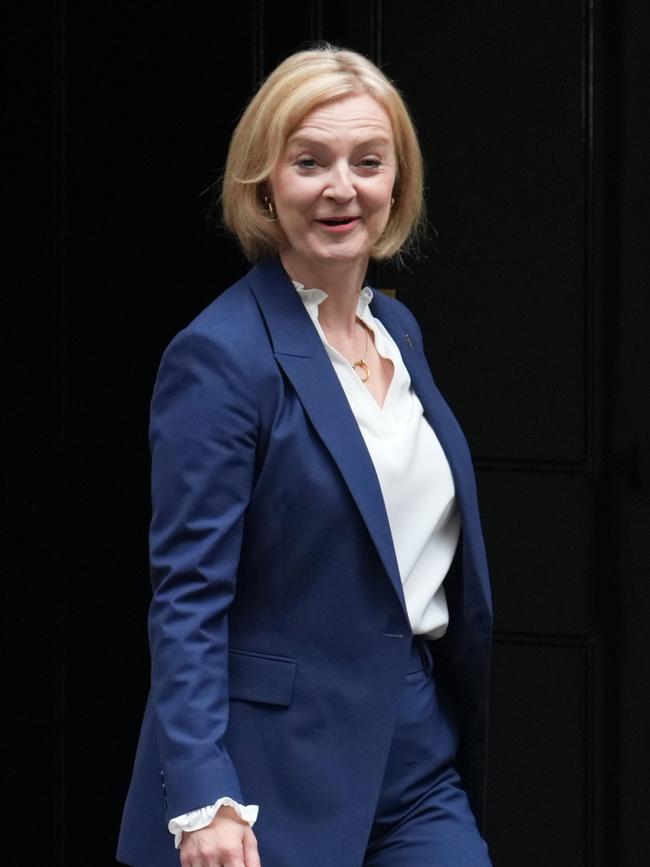
Braverman is just as fierce on unfettered migration as former home secretary Priti Patel and wants the UK to abandon the European Convention on Human Rights to free up the legal restrictions on Britain’s removal of asylum-seekers to Rwanda.
Under Truss, those who have been sniping from behind now have the power and key cabinet roles but it may lead to some deeply unsettled times.
Truss’s closest political friends were always going to get the most senior jobs – best friend Therese Coffey, a Catholic anti-abortionist, is the Deputy Prime Minister but also got the basket case of the National Health Service, which has a backlog of more than 6.73 million people in England waiting for treatment. Frighteningly, only 60 per cent of new cancer patients receive their first treatment within two months of diagnosis.
Truss’s Greenwich neighbour Kwasi Kwarteng, who graduated from Cambridge University with a double-first in classics and history, and PhD in economic history, is Chancellor of the Exchequer.
He had co-authored with Truss and others, a now notorious paper 10 years ago, titled Britannia Unchained, which claimed British workers were “among the worst idlers in the world” and too many people in the country “prefer a lie-in to hard work”, and that the government must stop “rewarding laziness”.
Truss, though, has changed her opinions many times through the years, from being an anti-nuclear-protesting Liberal Democrat anti-monarchist Remainer to her current pro-nuclear, pro-monarchy, politically Conservative position, wanting to extract the most from Brexit that she can.



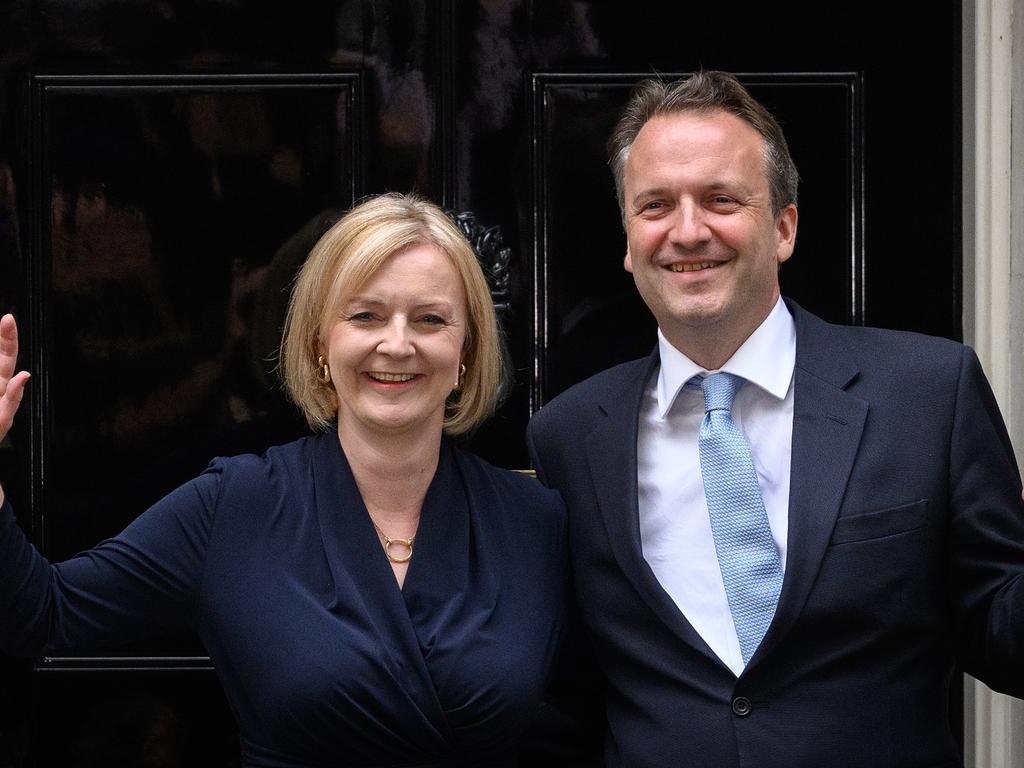
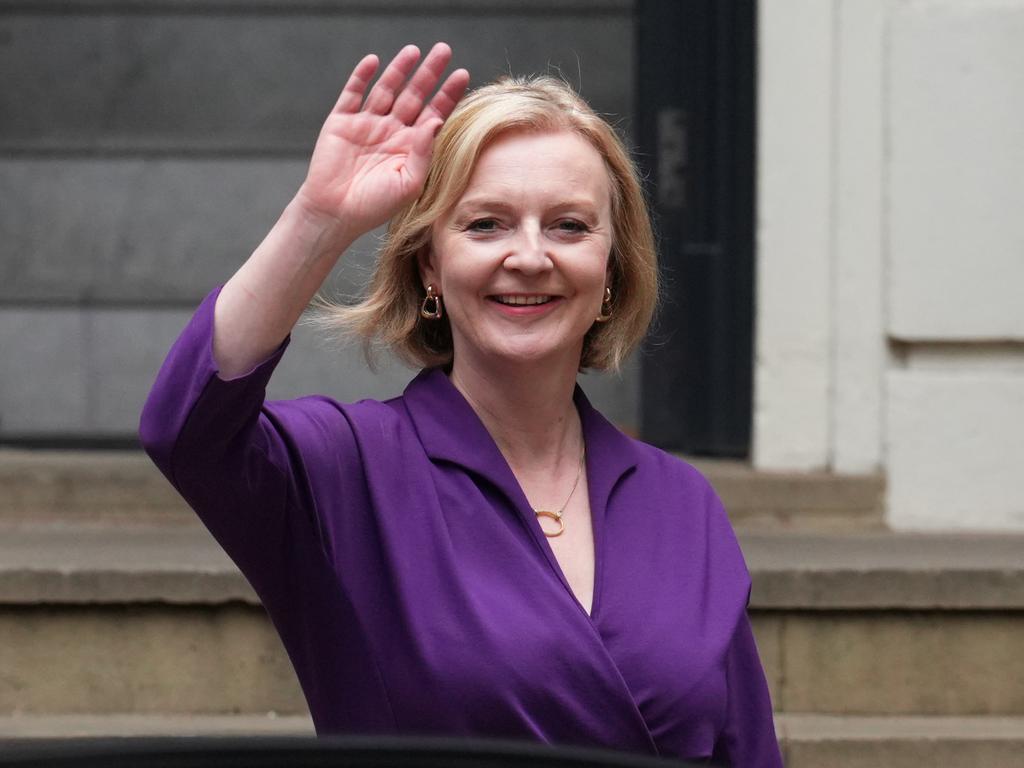
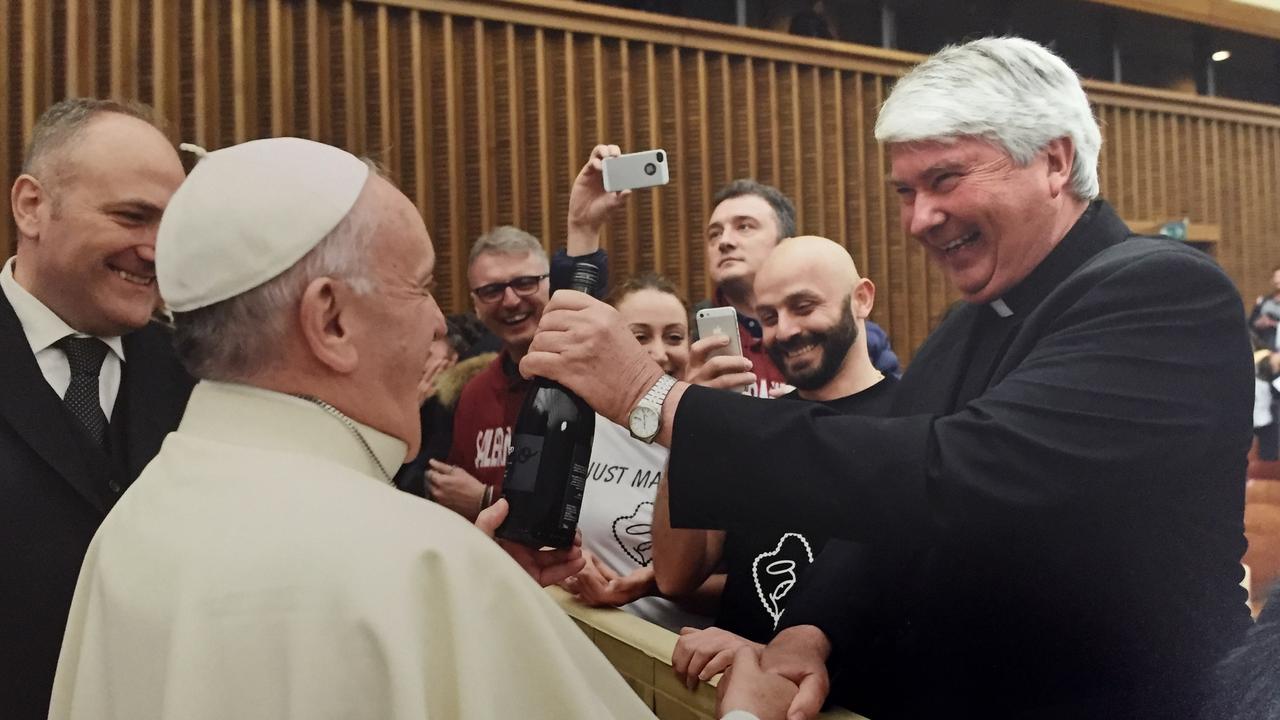
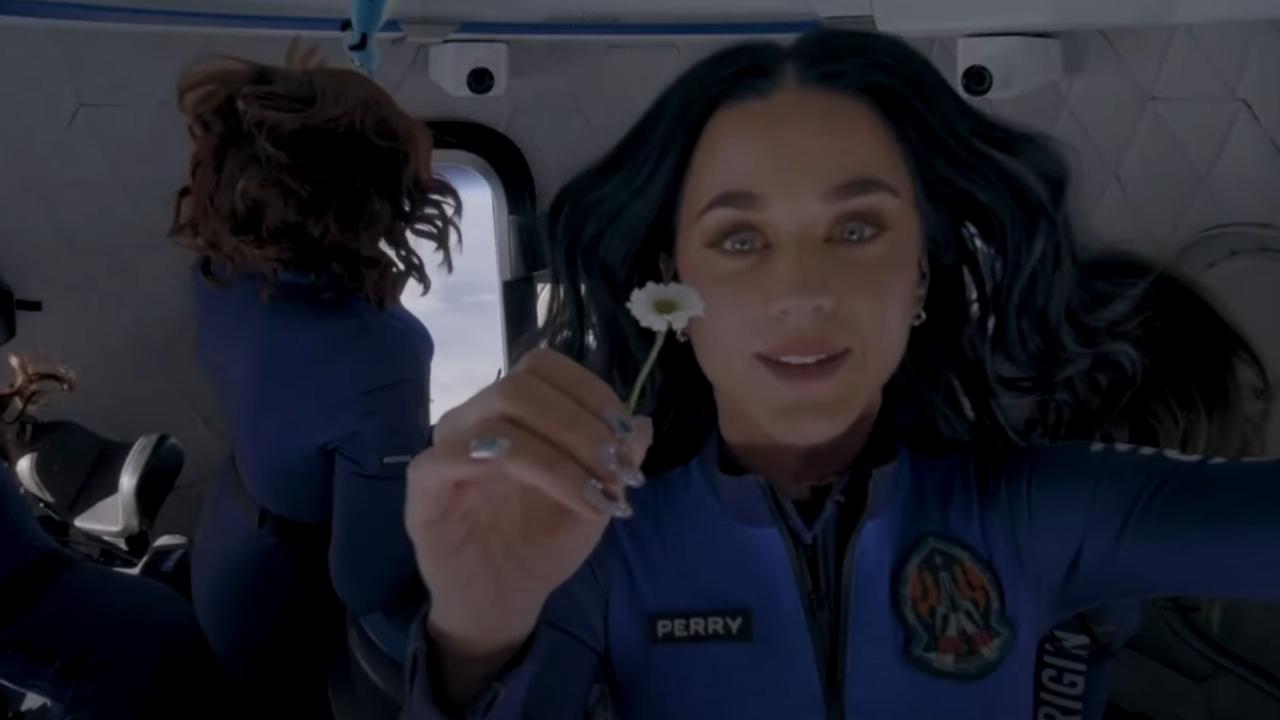
The death of the Queen, just two days after she confirmed Liz Truss as Britain’s 56th prime minister on Tuesday, will put the new leader’s ambitious plans on hold at least for the 10-day period of official mourning.